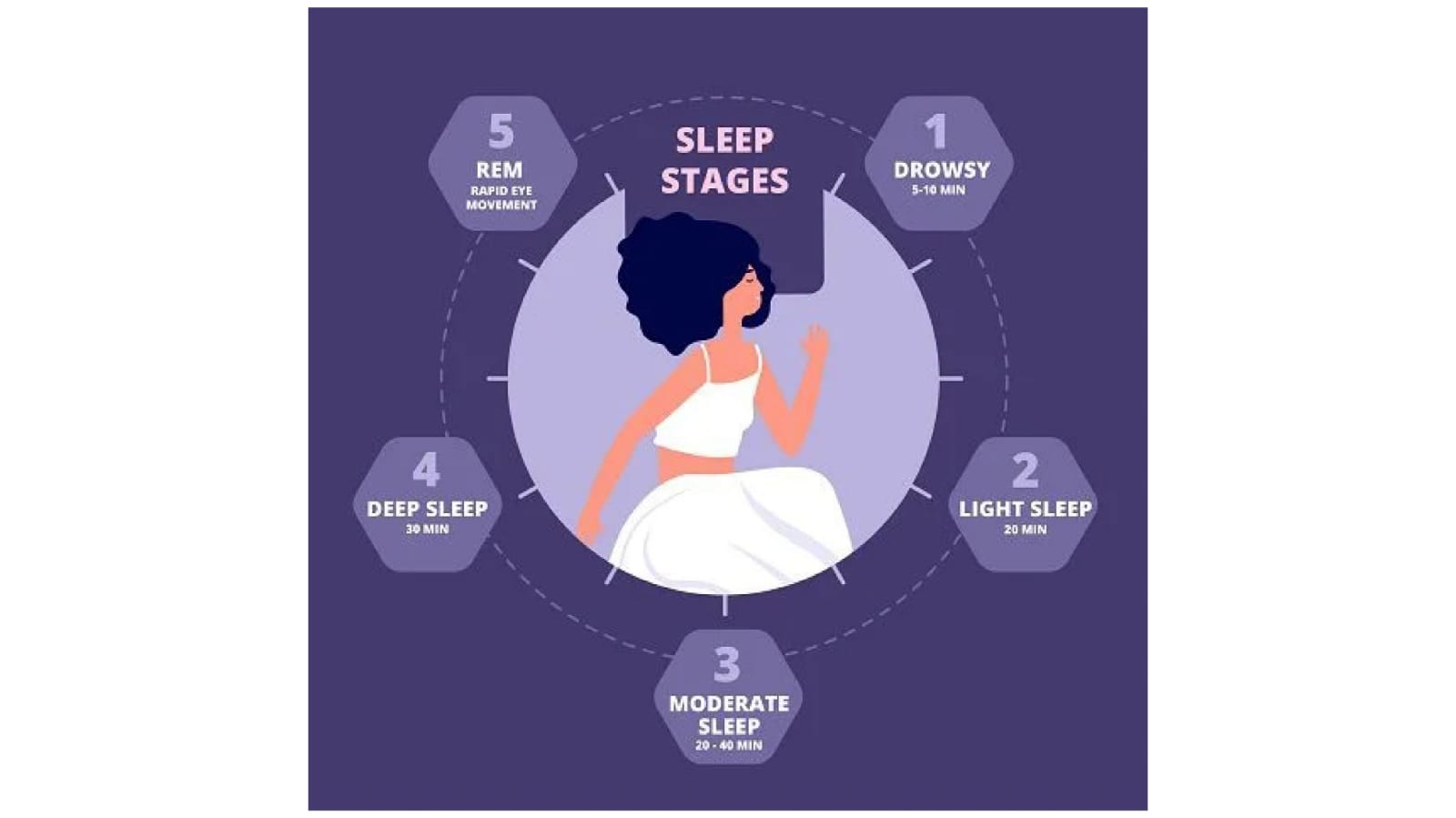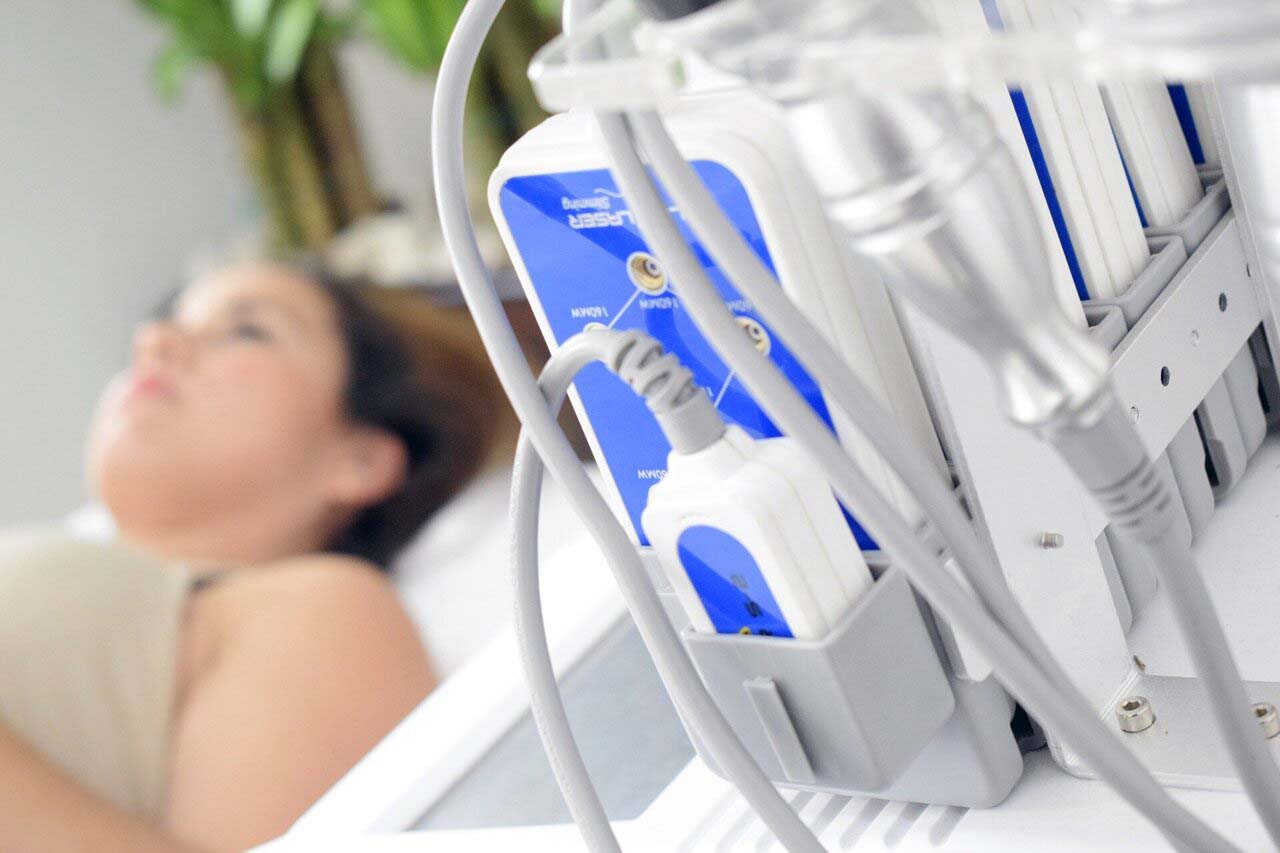In a ground-breaking study published by The Lancet Neurology, researchers have shed light on a concerning trend: the escalating prevalence of neurological conditions worldwide. The report, conducted in collaboration with the World Health Organisation (WHO), paints a stark picture, revealing that more than 3 billion people were affected by neurological disorders in 2021, equating to over one-third of the global population.
Neurological disorders have emerged as the leading cause of ill health and disability globally, according to the study. This troubling revelation highlights the urgent need for targeted interventions to provide quality care, treatment, and rehabilitation to those affected, as highlighted by Dr Tedros Adhanom Ghebreyesus, Director-General of WHO.
One of the key findings of the study is the glaring disparities in access to care, with over 80% of neurological deaths and health loss occurring in low and middle-income countries. High-income nations, in contrast, boast significantly higher numbers of neurological professionals per capita, showcasing the healthcare divide between regions.
The study identified several neurological conditions that contribute significantly to the global burden of disease. These include stroke, neonatal encephalopathy, migraine, dementia, diabetic neuropathy, meningitis, epilepsy, neurological complications from preterm birth, autism spectrum disorder, and nervous system cancers. Notably, while neurological conditions affect more men in absolute numbers, certain disorders such as migraine and dementia disproportionately impact women.
Since 1990, there has been a troubling rise in the cases of neurological disorders, although age-standardised disability-adjusted life year (DALY) rates have shown a decline. Diabetic neuropathy, in particular, has witnessed a rapid increase worldwide, reaching over 206 million cases in 2021, attributed to the global surge in diabetes cases. Additionally, neurological complications arising from Covid-19, such as cognitive impairment and Guillain-Barré syndrome, have emerged as significant contributors to the neurological burden, affecting over 23 million individuals.
Despite these challenges, the study also highlights promising advancements in prevention, care, and research that have led to significant reductions in the burden of several neurological conditions. Efforts to combat tetanus, rabies, meningitis, and stroke have yielded remarkable progress, highlighting the potential of targeted interventions in reducing the burden of neurological disorders.
Moreover, the report emphasises the importance of addressing modifiable risk factors such as high blood pressure, air pollution, and smoking to prevent a substantial proportion of neurological burden. By prioritising these preventive measures, policymakers and healthcare professionals can mitigate the staggering impact of neurological conditions and safeguard public health on a global scale.
In conclusion, while the rise in neurological disorders presents significant challenges, it also offers opportunities for concerted action and innovation. By addressing disparities in access to care, investing in research and prevention efforts, and tackling modifiable risk factors, we can lead the way for a healthier future for all

 The study reveals that more than 3 billion people were affected by neurological disorders in 2021, equating to over one-third of the global population.
The study reveals that more than 3 billion people were affected by neurological disorders in 2021, equating to over one-third of the global population.




















.jpeg)

.jpeg)
.jpeg)

.jpeg)


.jpeg)



.jpeg)
.jpeg)
.jpeg)


.jpg)


.jpeg)
.jpeg)